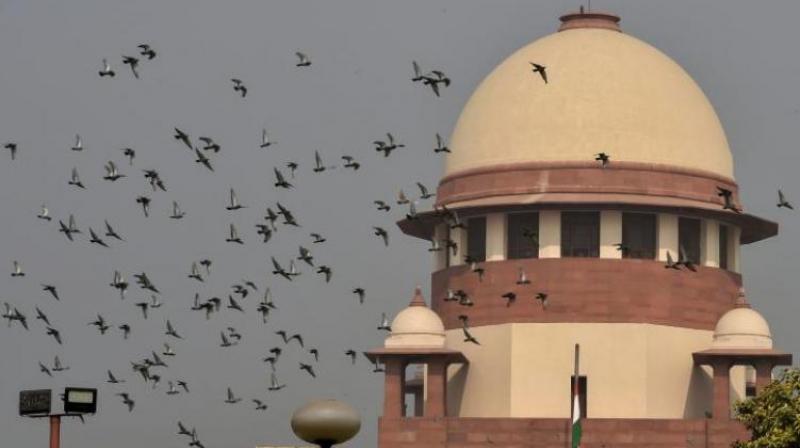Cops can’t seize immovable property: Supreme Court

New Delhi: The Supreme Court on Tuesday said that police can’t seize immovable property in exercise of its powers under section 102 of the Code of Criminal Procedure while investigating a case of theft as immovable property can’t be stolen or attract suspicion of being stolen.
“The power of a police officer under section 102 of the code to seize any property, which may be found under circumstances that create suspicion of the commission of any offence, would not include the power to attach, seize and seal an immovable property” said a bench of Justice Deepak Gupta and Justice Sanjiv Khanna in their concurrent judgment.
Speaking for the bench, Justice Khanna said, “In case and if we allow the police officer to ‘seize’ immovable property on a mere ‘suspicion of the commission of any offence’, it would mean and imply giving a drastic and extreme power to dispossess etc. to the police officer on a mere conjecture and surmise, that is, on suspicion, which has hitherto not been exercised.
The court said this while answering a reference by a bench of then Justice Jagdish Singh Khehar (since retired) and Justice Arun Mishra by November 18, 2014 order saying that issue before the court has far reaching and serious consequences.
The matter is rooted in a batch of petitions involving the powers of police in attaching the immovable property.

